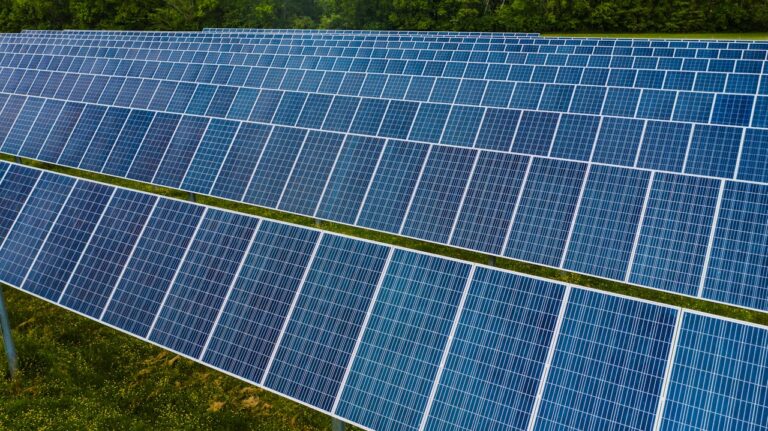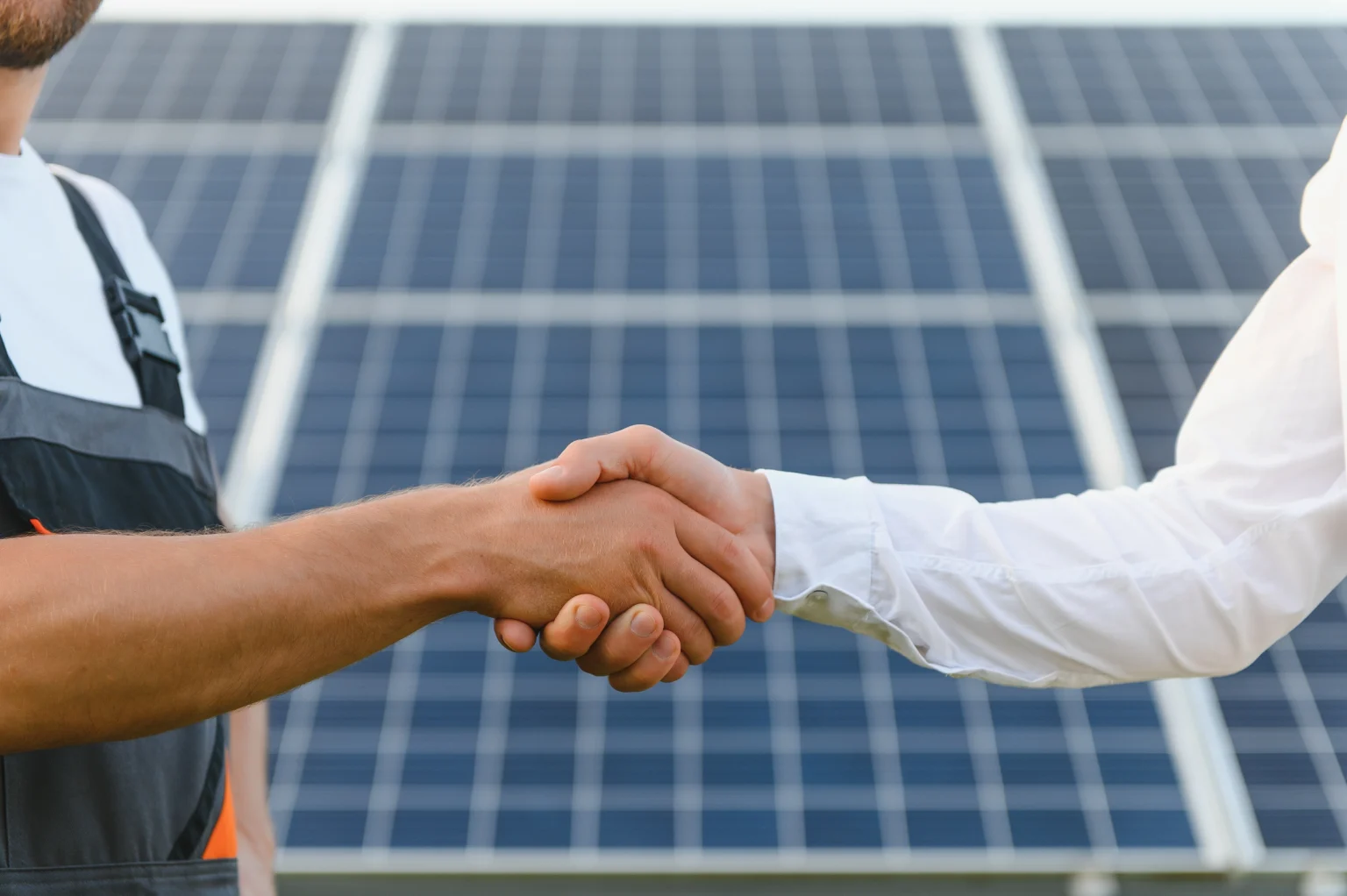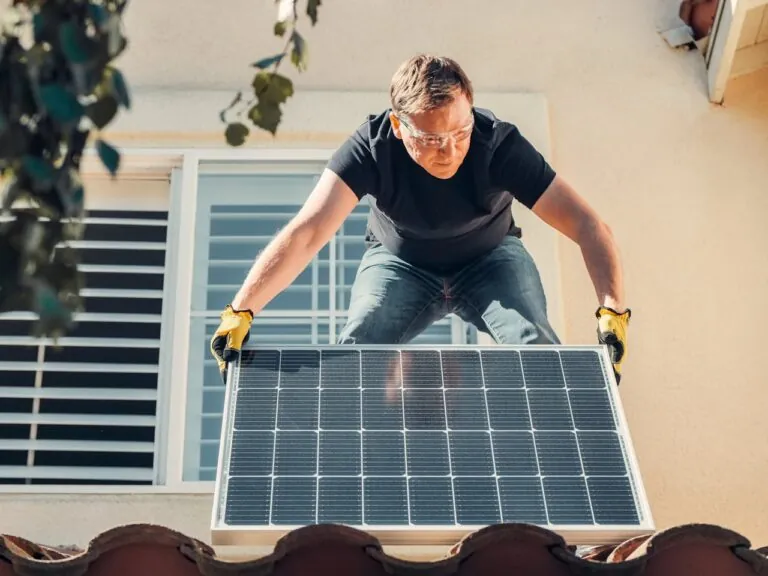The Climate and Equitable Jobs Act of 2021 and the Future Energy Jobs Act of 2016 are two recent state legislation that have established strong incentives for renewable energy in Illinois. These laws established initiatives pertaining to infrastructure for electric vehicles, utility-scale renewable energy, and other topics.
This legislation established two incentive programs that can significantly reduce the cost of solar panels if you’re interested in installing them for your home. Through the prepayment of 15 years’ worth of renewable energy credits—which you will obtain for generating clean energy—Illinois Shines offers upfront financing for your solar system. According to Greco, that can cover almost one-third of a solar system’s cost.
In the meanwhile, Illinois Solar for All ensures that citizens who make less than 80% of the local median income do not have to pay the initial fees of a solar panel installation.
The largest federal tax credit, the household renewable energy credit, was extended and expanded in the recently approved Inflation Reduction Act. Illinois Solar for All and Illinois Shines serve as a supplement to this benefit.
Up to 30% of the cost of installing a solar system is covered by this credit. Since it’s a tax credit, you can only get as much as you paid in federal taxes that year. You’ll claim it on your return the following year, for more details check solarcc.com.
Illinois Solar Panel Financing Options
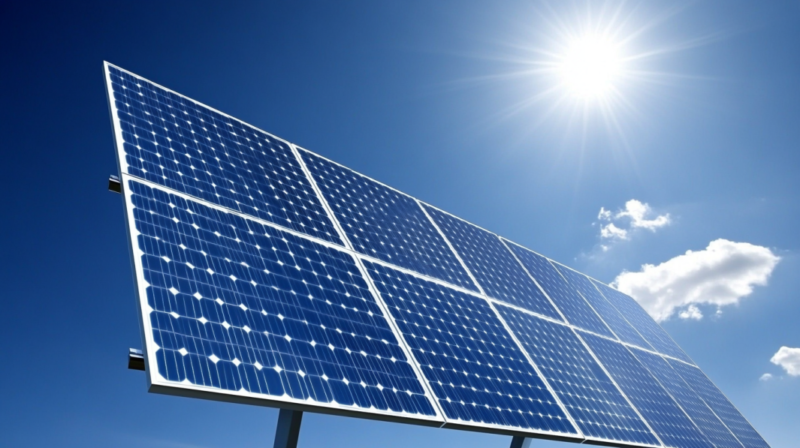
Your out-of-pocket costs for a solar power system should be less in Illinois than in other states because of the state’s and local governments’ combined tax advantages. However, you’ll probably still have to pay something, and even a little portion of the price will still run into the thousands. Here are a few methods of payment:
Cash
By paying with cash, you can stay away from continuous expenses and financing. If solar isn’t something you’re ready for just yet, you could want to save money in a high-yield savings account to provide you more cash in the future.
Solar Loan
To provide loans, solar installers frequently collaborate with financial institutions. If you don’t have the money on hand, these can be a good option. Just make sure you’re obtaining the best interest rate and terms by comparing rates.
Home Equity Loan, or HELOC
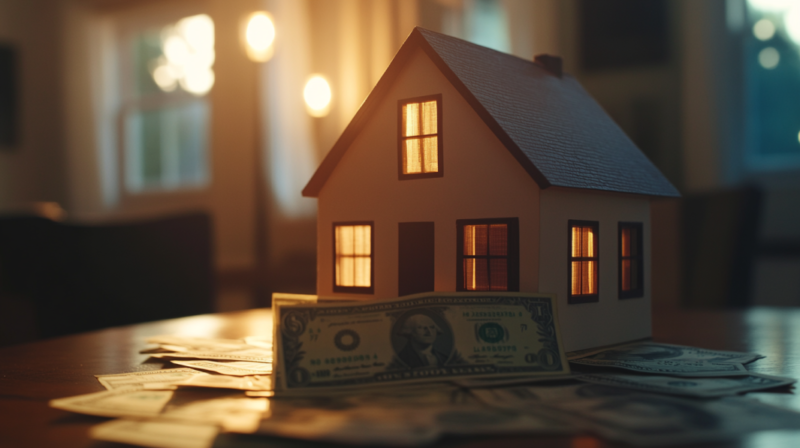
Taking out a home equity loan or home equity line of credit is a common way to finance home improvements. These two loan kinds are not the same; whereas HELOCs are more like credit cards, loans are lump sum payments that you get upfront, usually with a fixed interest rate.
They are both backed by the equity in your house, so if you don’t pay them back, the lender may foreclose on your property. That’s what unites them.
Personal Loan
You can also utilize a personal loan if you don’t want to risk losing your house. These are unsecured and are provided by numerous financial firms.
Because personal loans are riskier for banks, they often have higher rates and shorter durations than home equity loans. Make sure you compare prices on any financial product to ensure you’re getting the best possible bargain.
Although there are trade-offs, leasing or a power purchase agreement can spare you from having to buy the solar panels yourself. A solar company may provide you with a lease on solar panels in exchange for payment.
Alternatively, you may opt for a power purchase agreement, whereby a business puts solar panels on your home and you pay them for the electricity that is produced.
Considerations for Installation
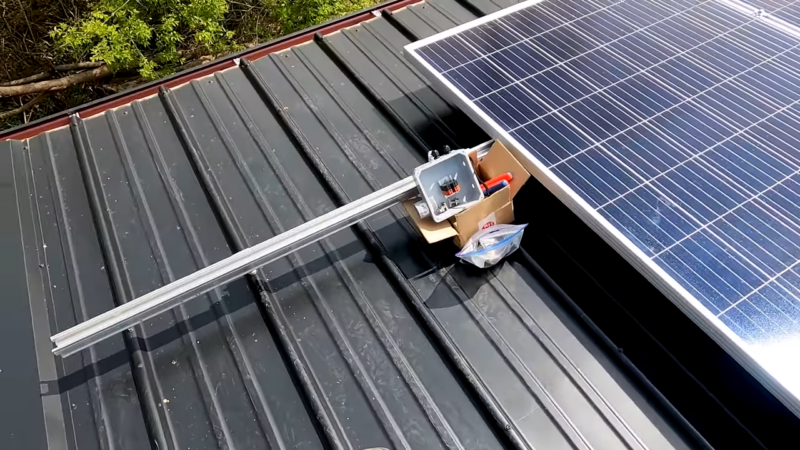
Money-saving solar panels are possible, but only if installed properly. Not every residence is a good fit for solar energy. According to Greco’s estimation, up to 75% of homes don’t fit well.
There are a few ways to find out, but it won’t stop you from trying to reduce your expenses and doing your share. This is due to the fact that Illinois offers excellent community solar options as well, where you only pay for a portion of the energy produced by a different facility.
“For people who can’t put solar on their roof, they can subscribe to a community solar array, and you’re getting virtual solar,” Greco stated. “Typically right now you’re seeing 20% savings off of community solar.”
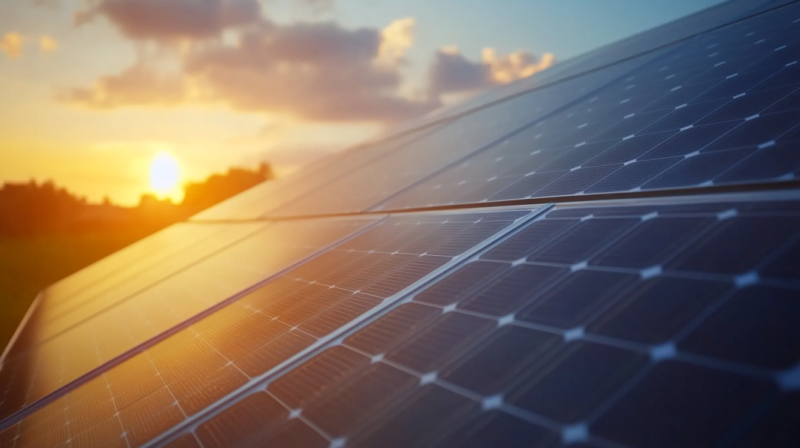
Before installing solar on your roof, take into account the following:
- The state of your roof: For solar panels to work well, your roof must be in good condition. In addition to its age and any damage, it also needs to be angled correctly and facing the correct direction. In the northern hemisphere, solar panels perform best when placed on a south-facing slope, and the US Department of Energy states that an angle of between 15 and 40 degrees is optimum. The effectiveness of your panels will vary depending on the angles and directions.
- Neighborhood and HOA rules: Homeowners’ associations and other neighborhood organizations are not allowed to outright ban solar panels in Illinois, although they are permitted to impose certain specific limitations or guidelines. Verify that you are adhering to all rules by contacting your HOA and the local authorities.
- Protection against insurance: Your solar panels should be covered by your homeowners insurance, but you need first make sure you can add them to the policy by giving them a call.
- Your location: Apart from the roof’s pitch and angle, you also need to take your surroundings into account. The amount of light that solar panels receive may not be sufficient to justify their cost if there are large trees surrounding your home or if there is a tall building next door that provides shadow for part of the day. If your shade is too intense, a trustworthy installation should be able to warn you.
- Rentals: Unless your landlord or property manager approves of them, you won’t be allowed to install solar panels in a rental home. Regardless, you can always enroll in community solar, which doesn’t need you to make any changes to the property.




